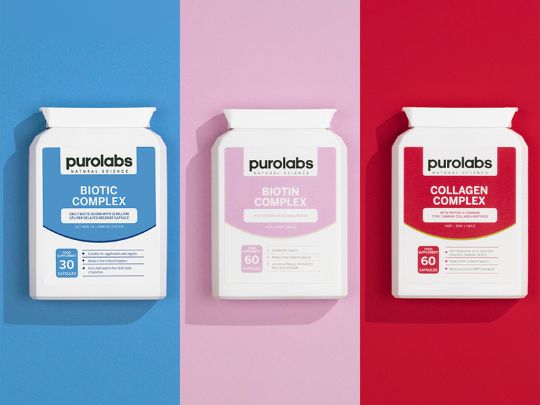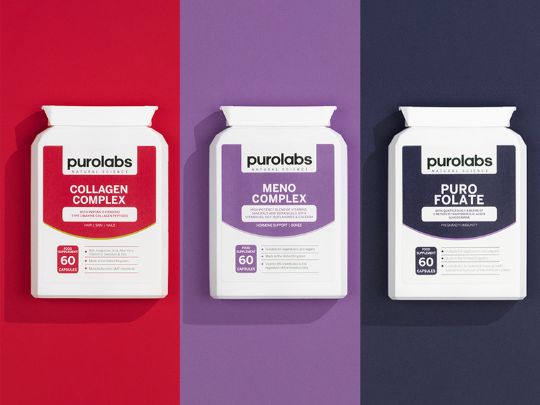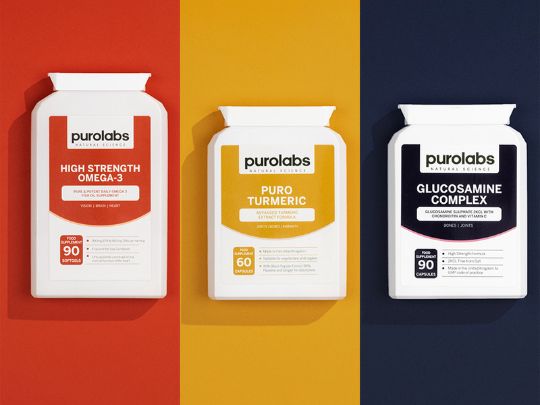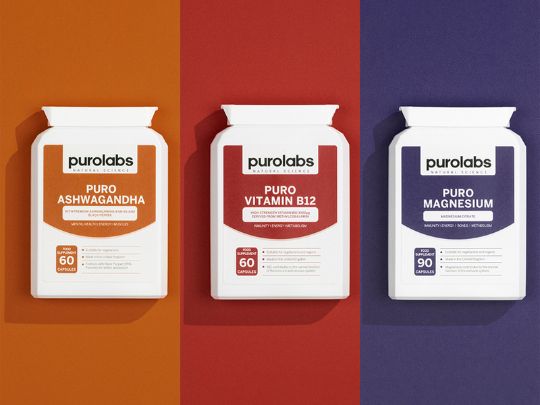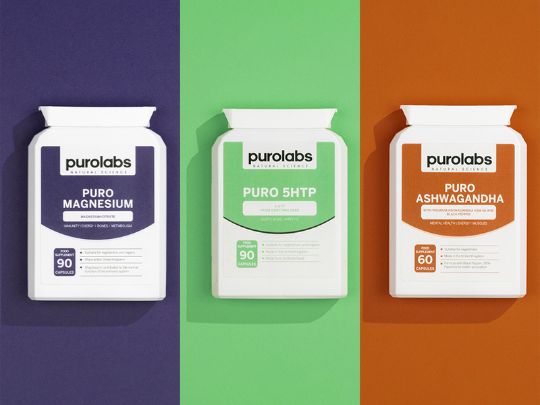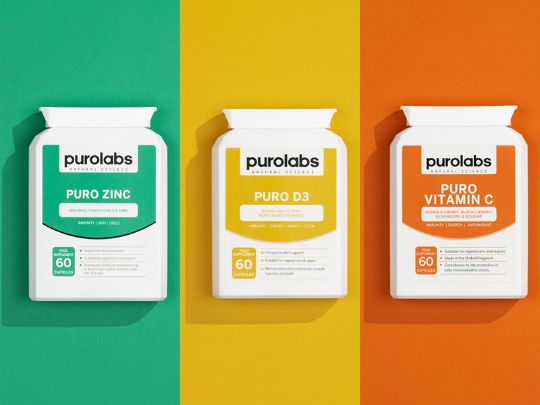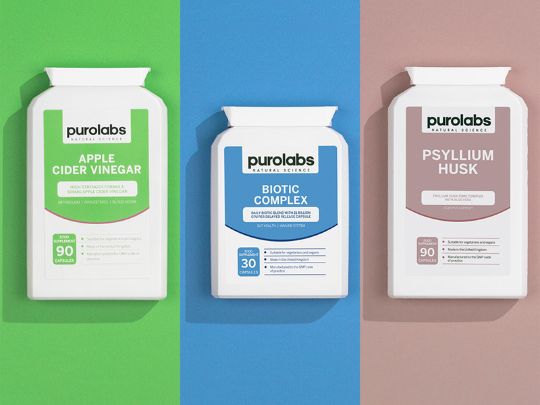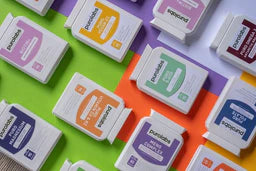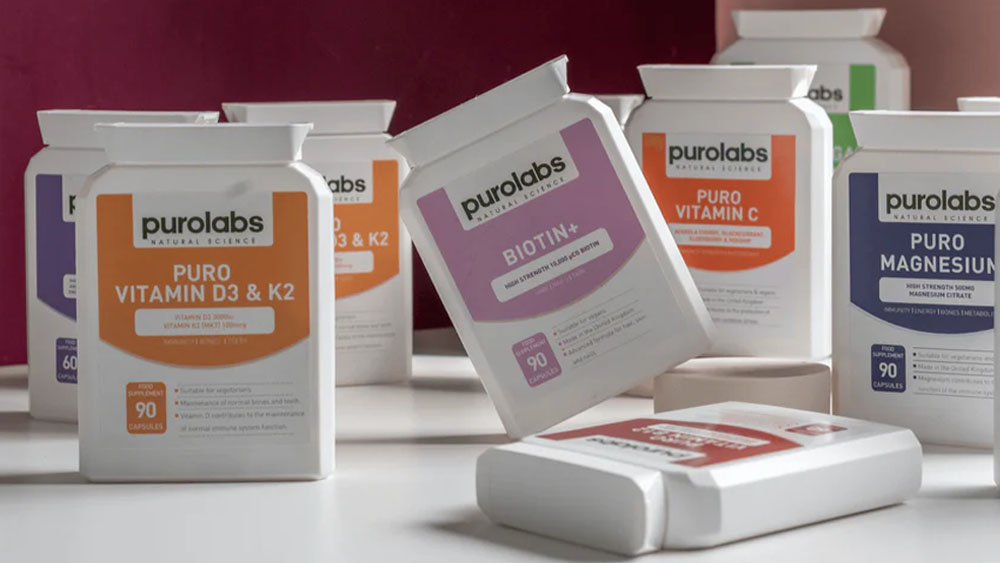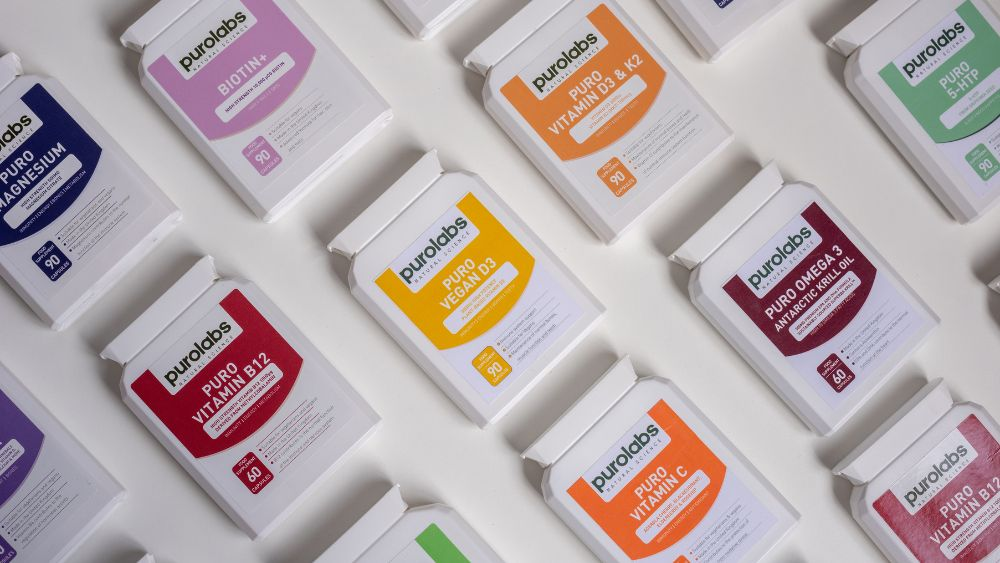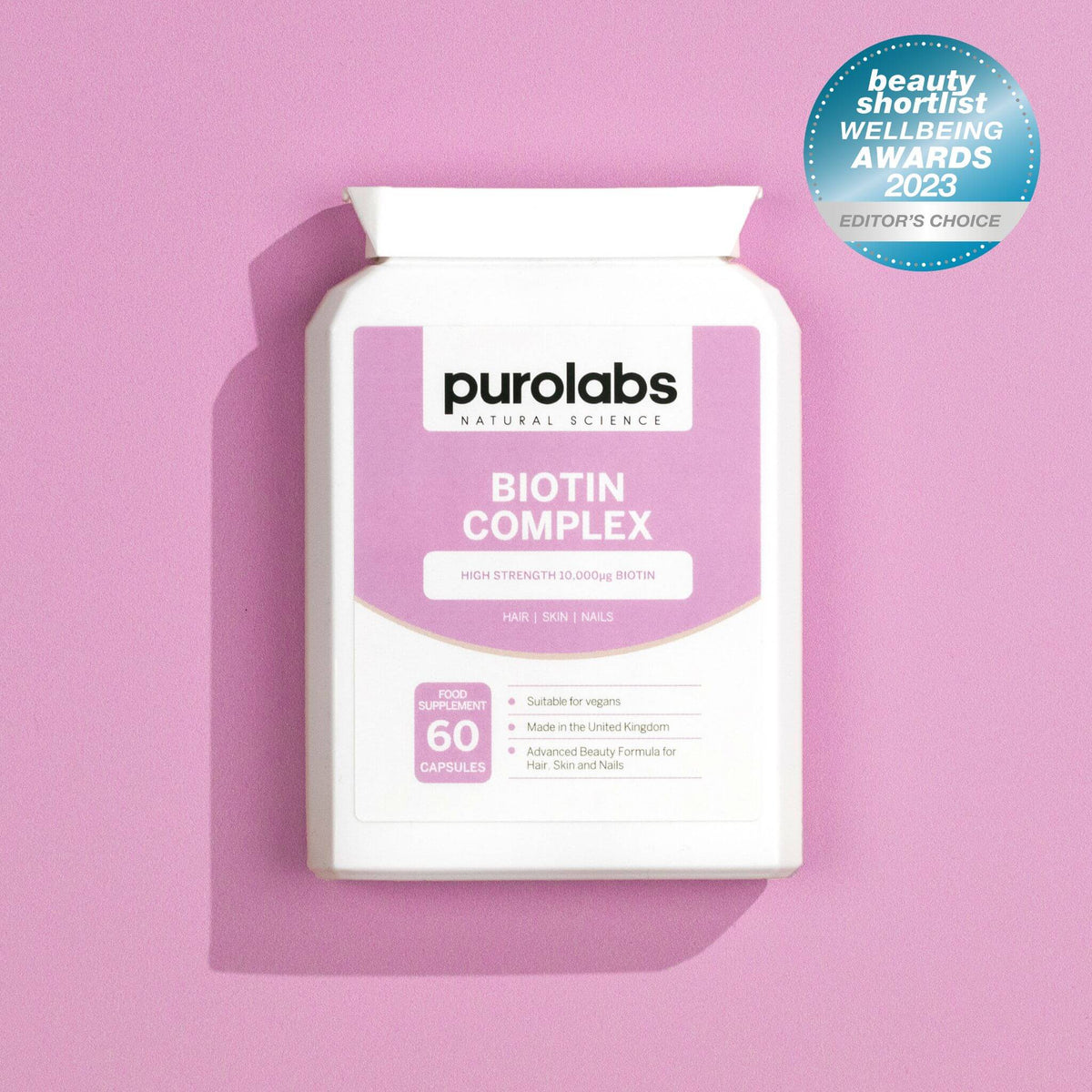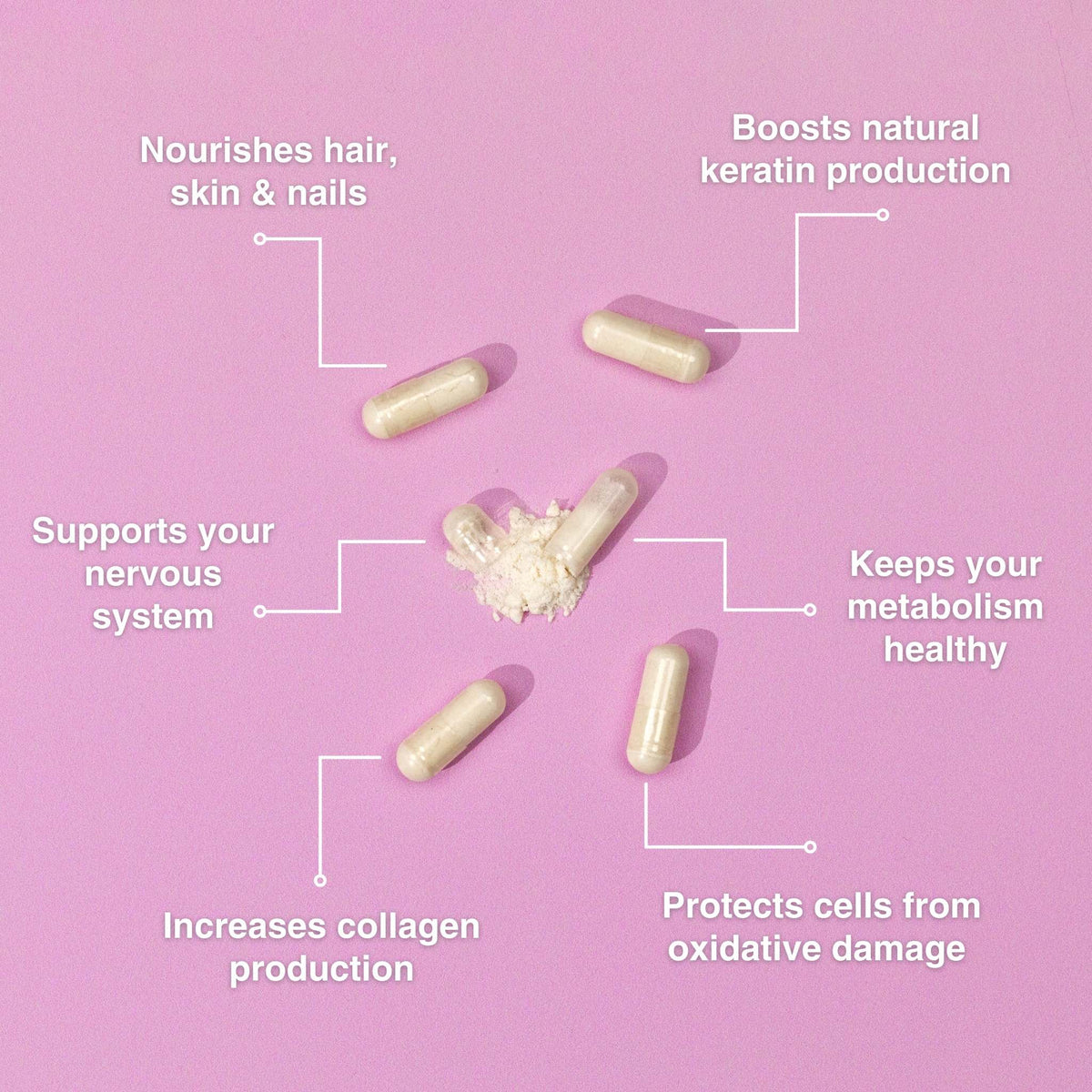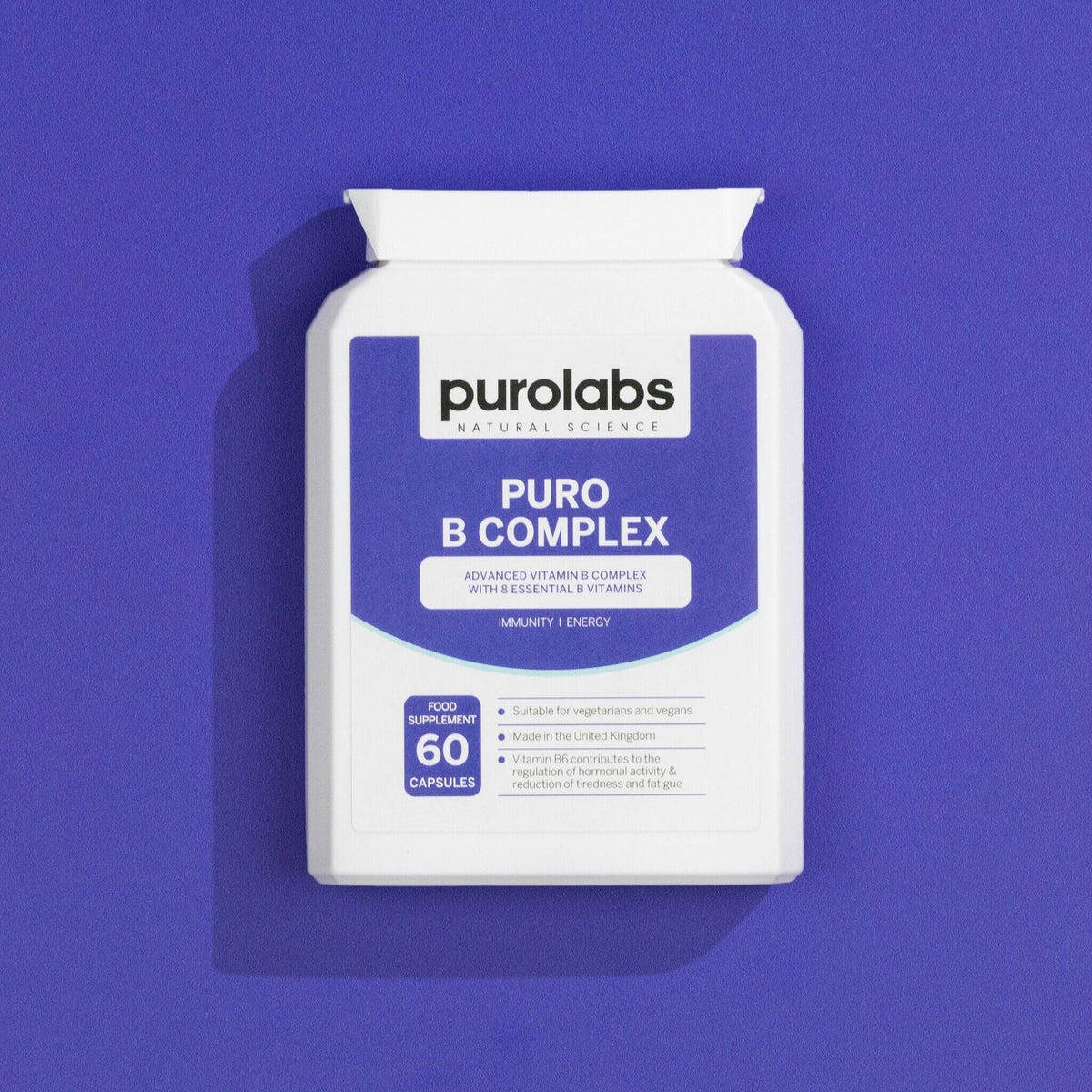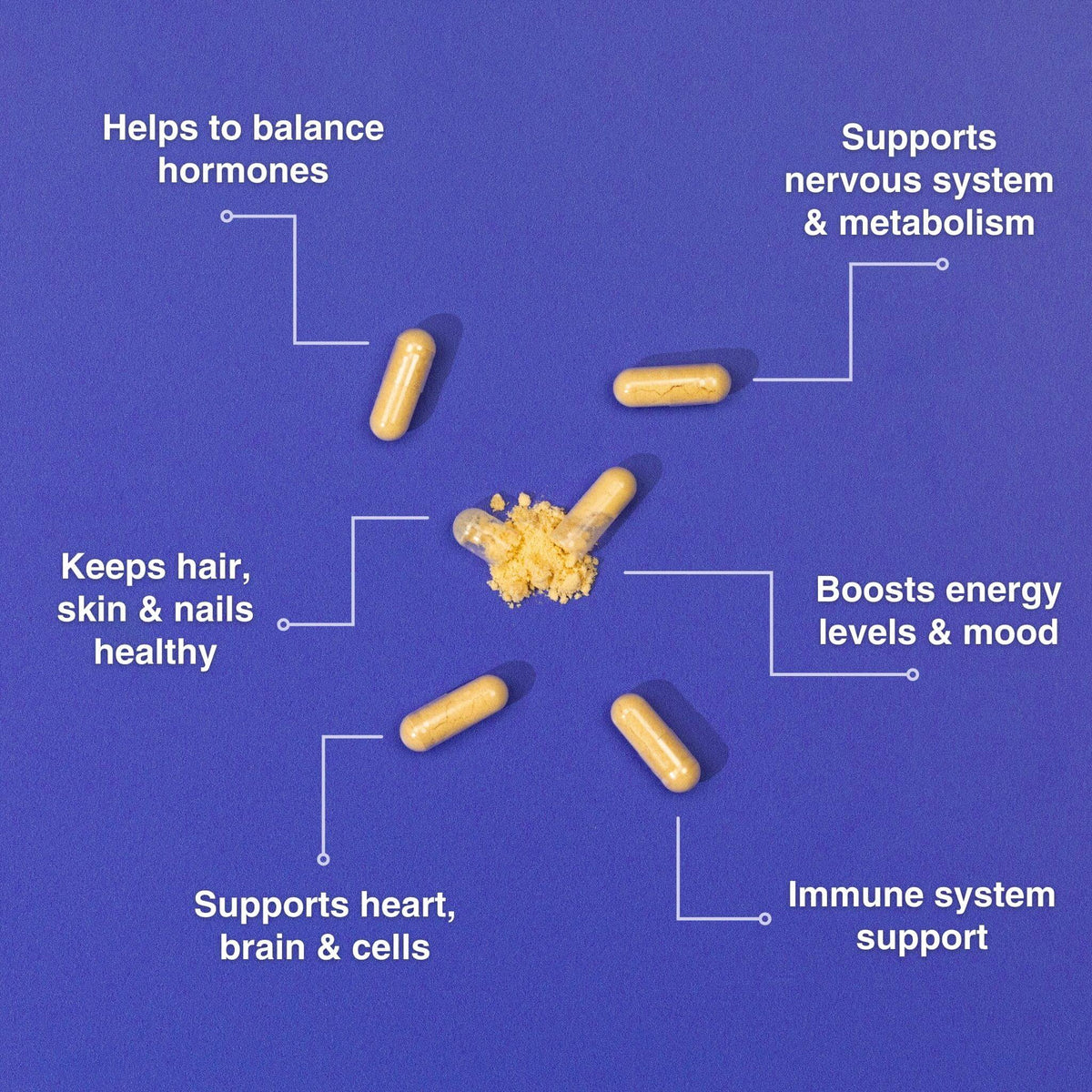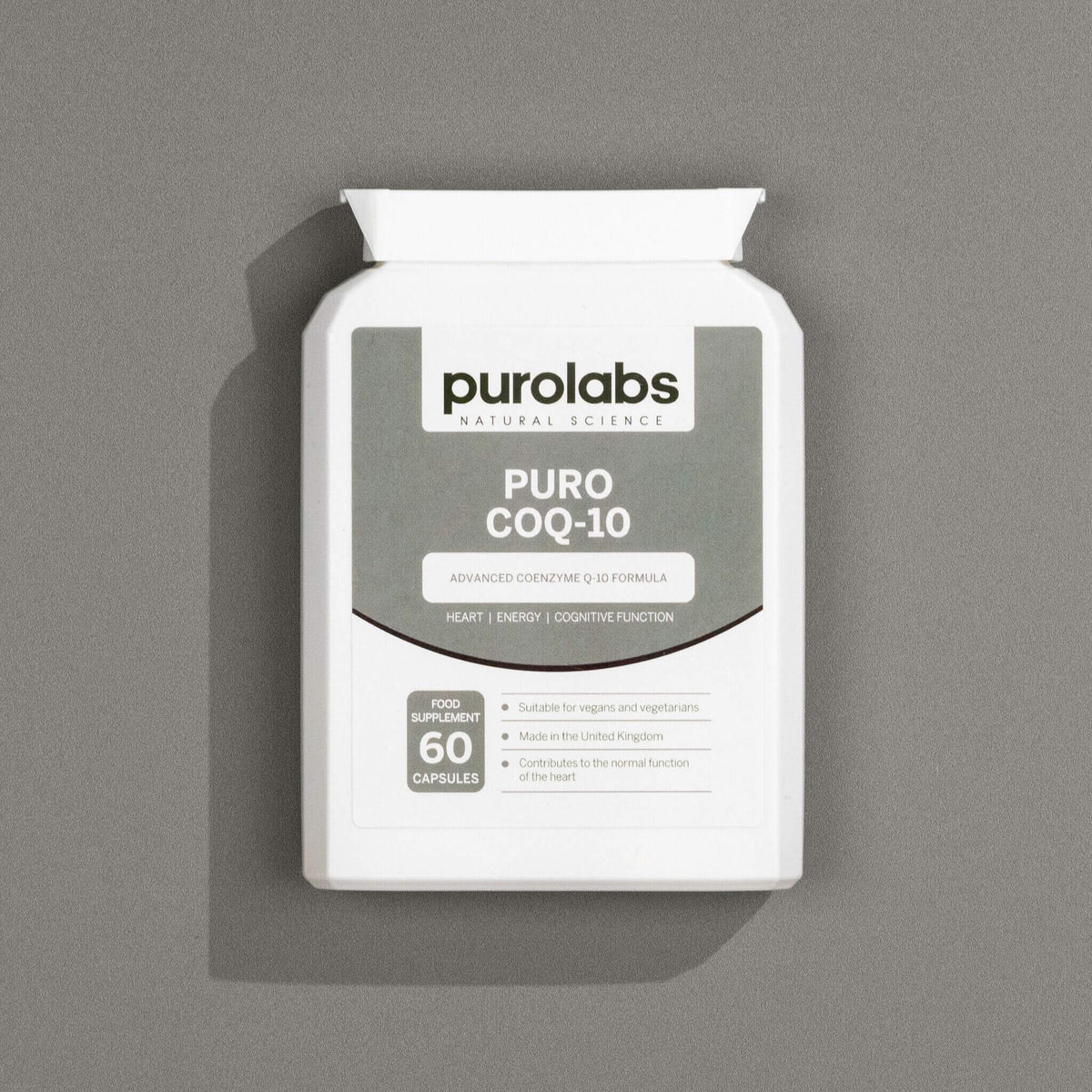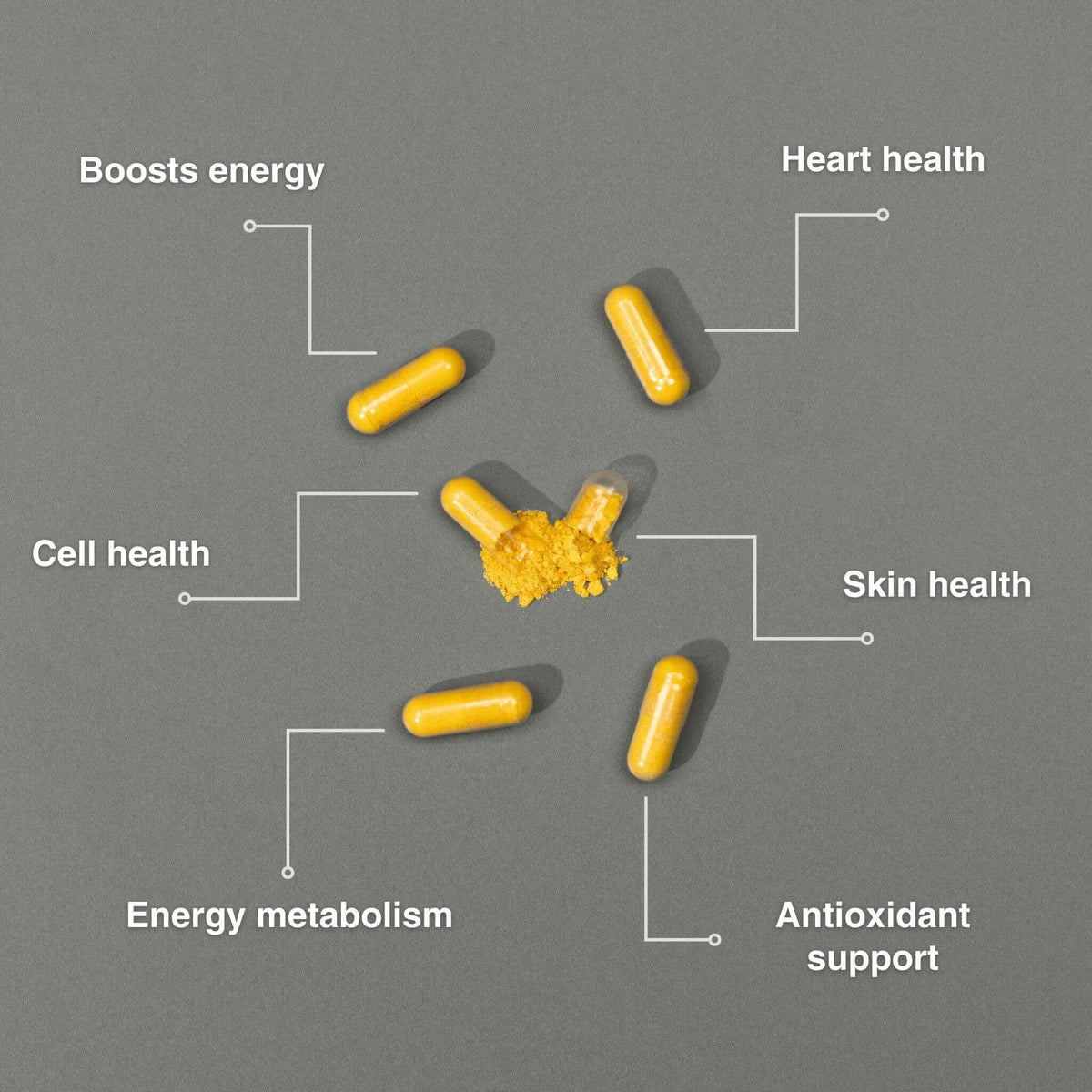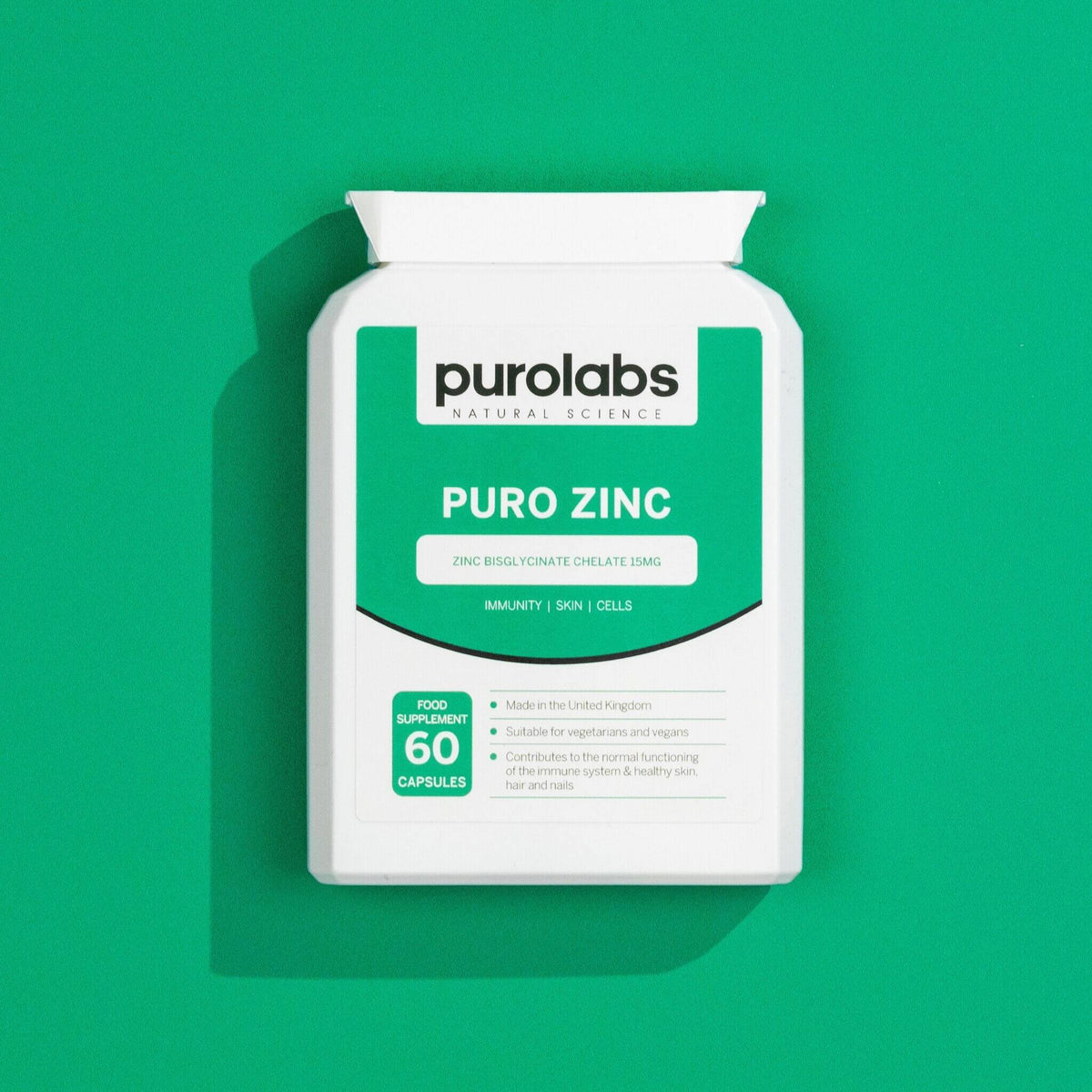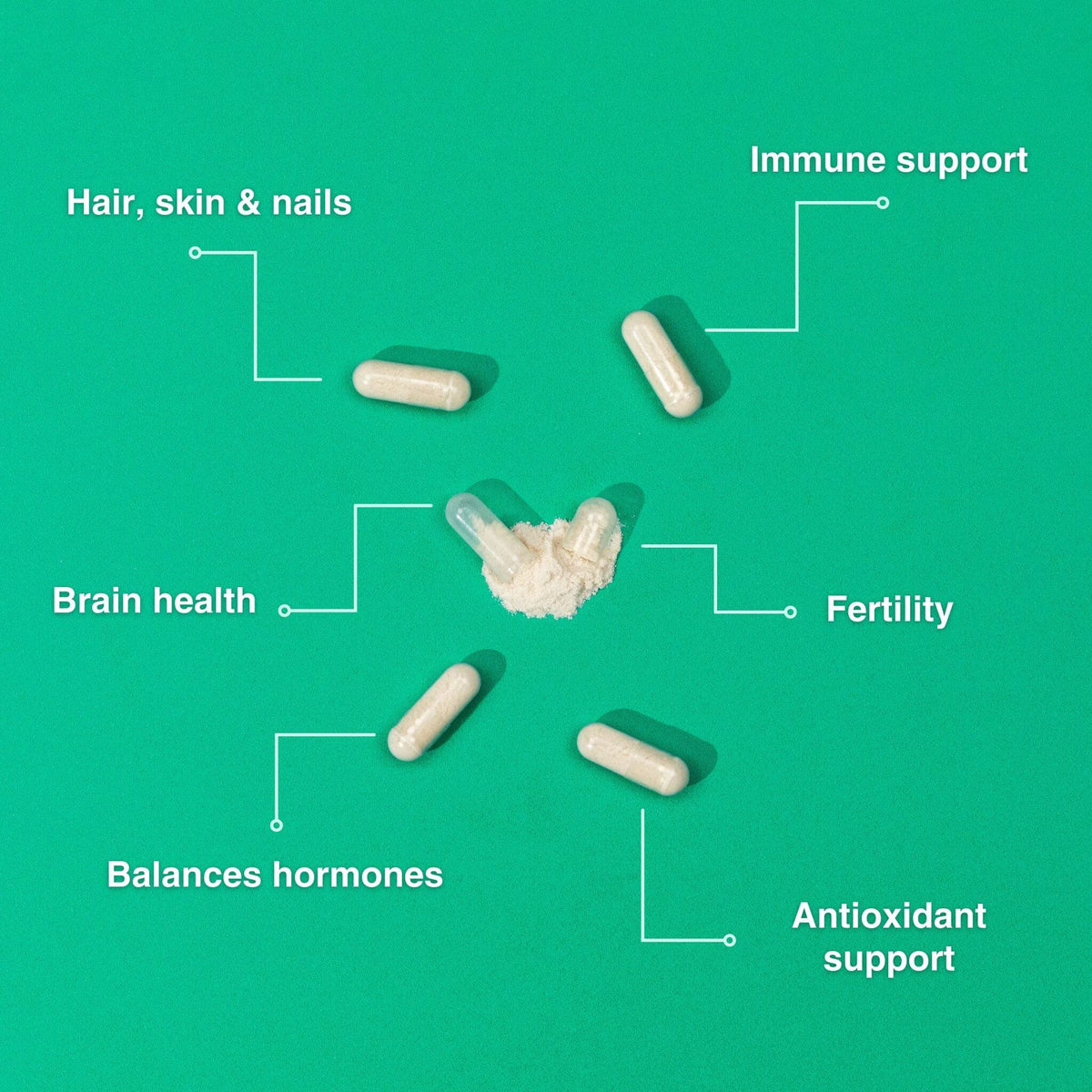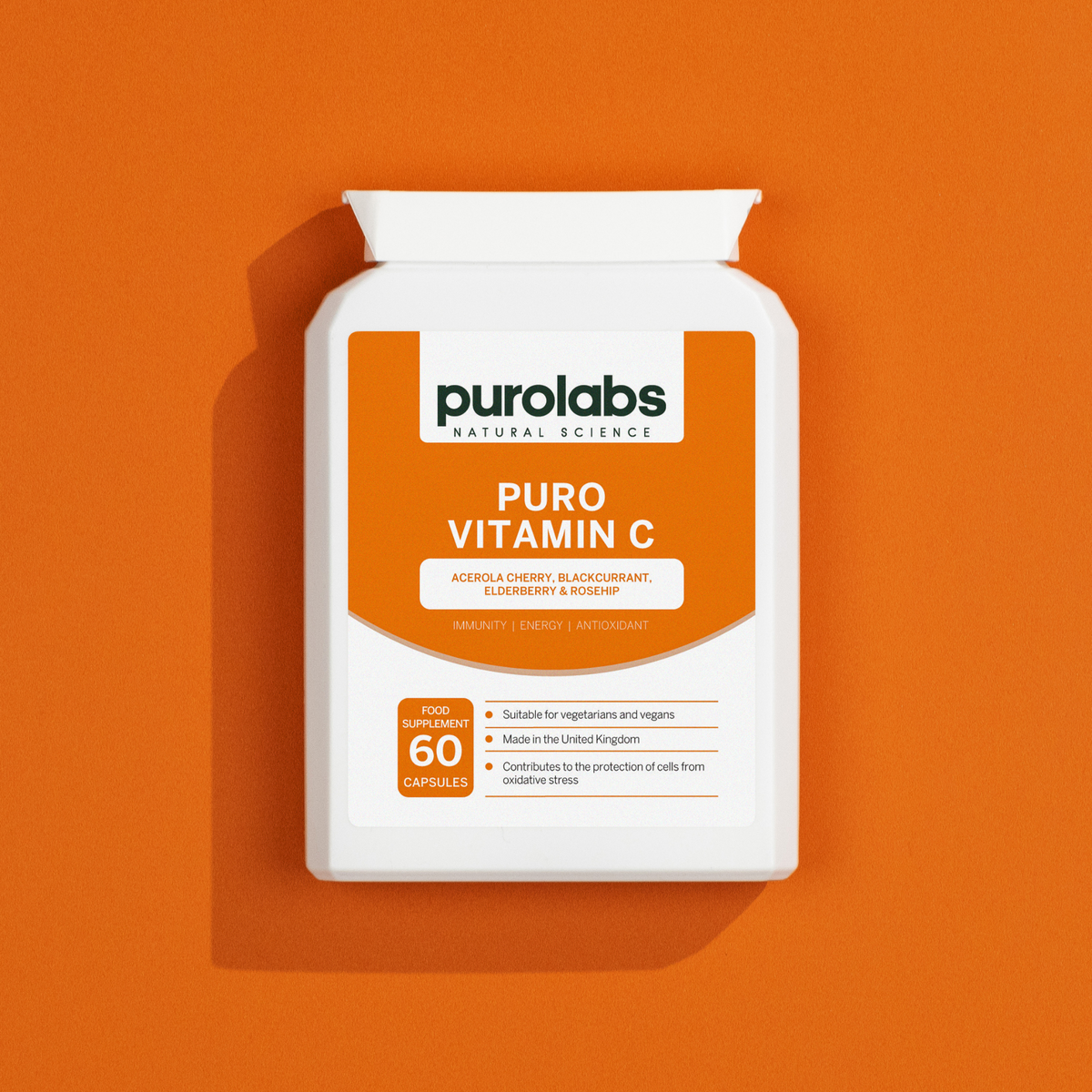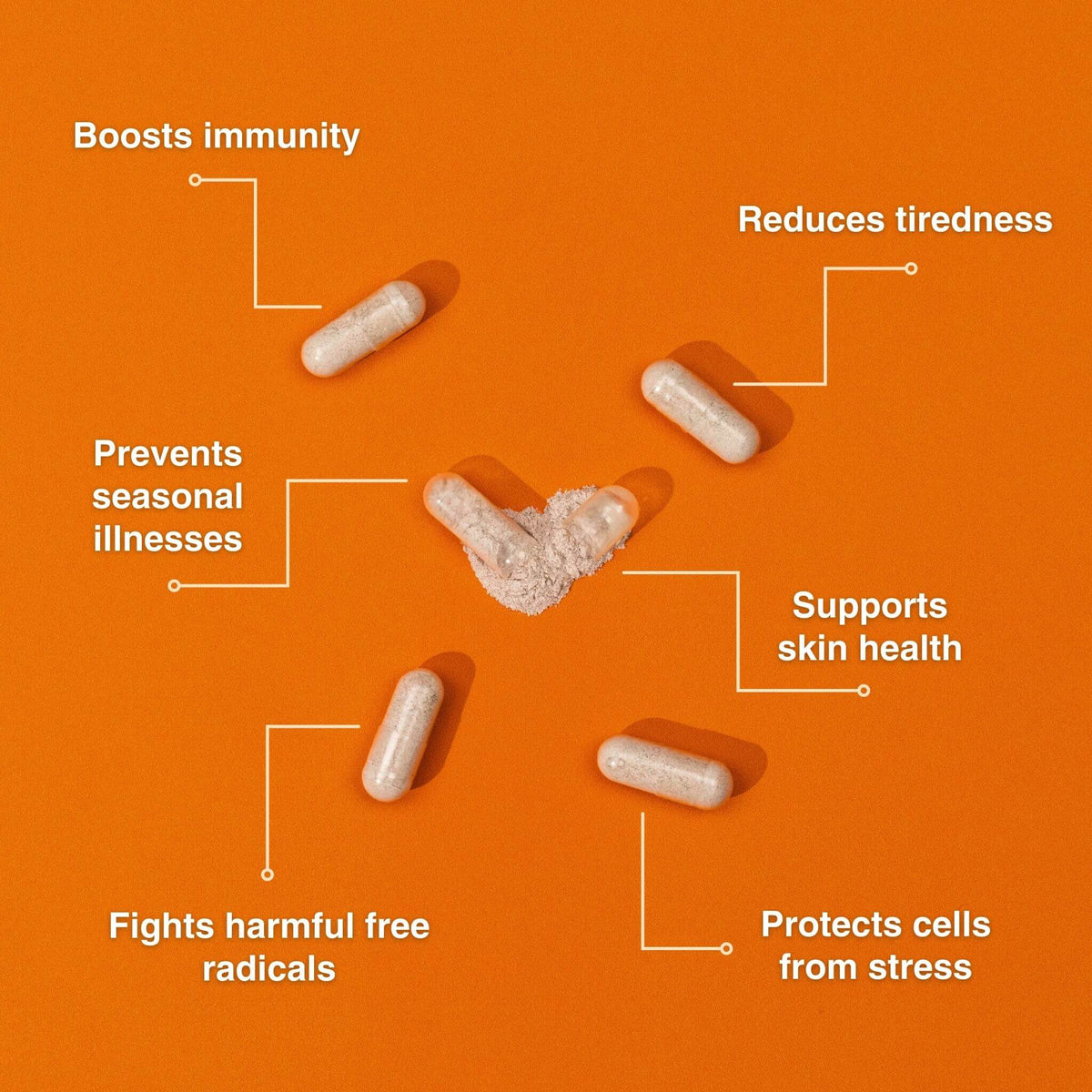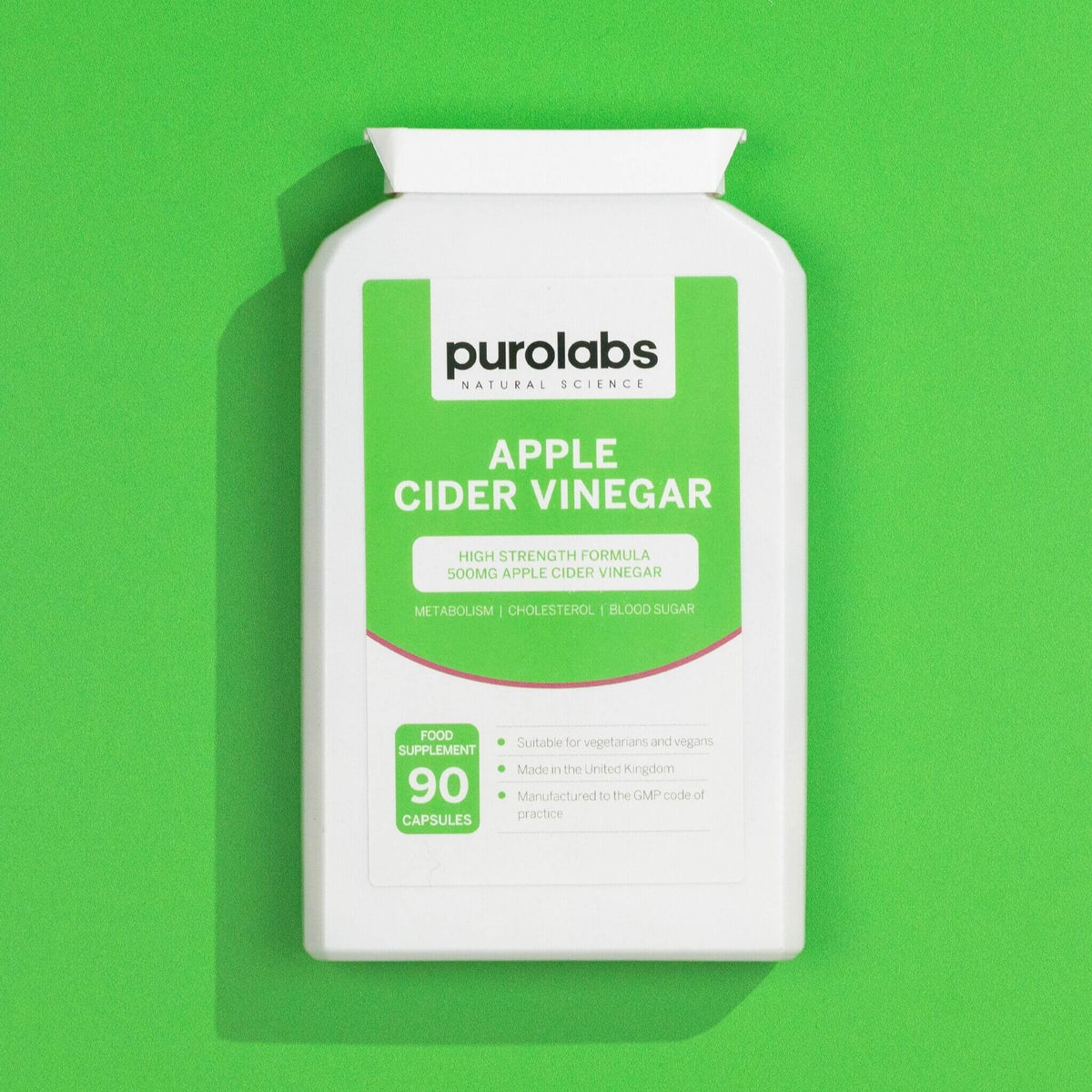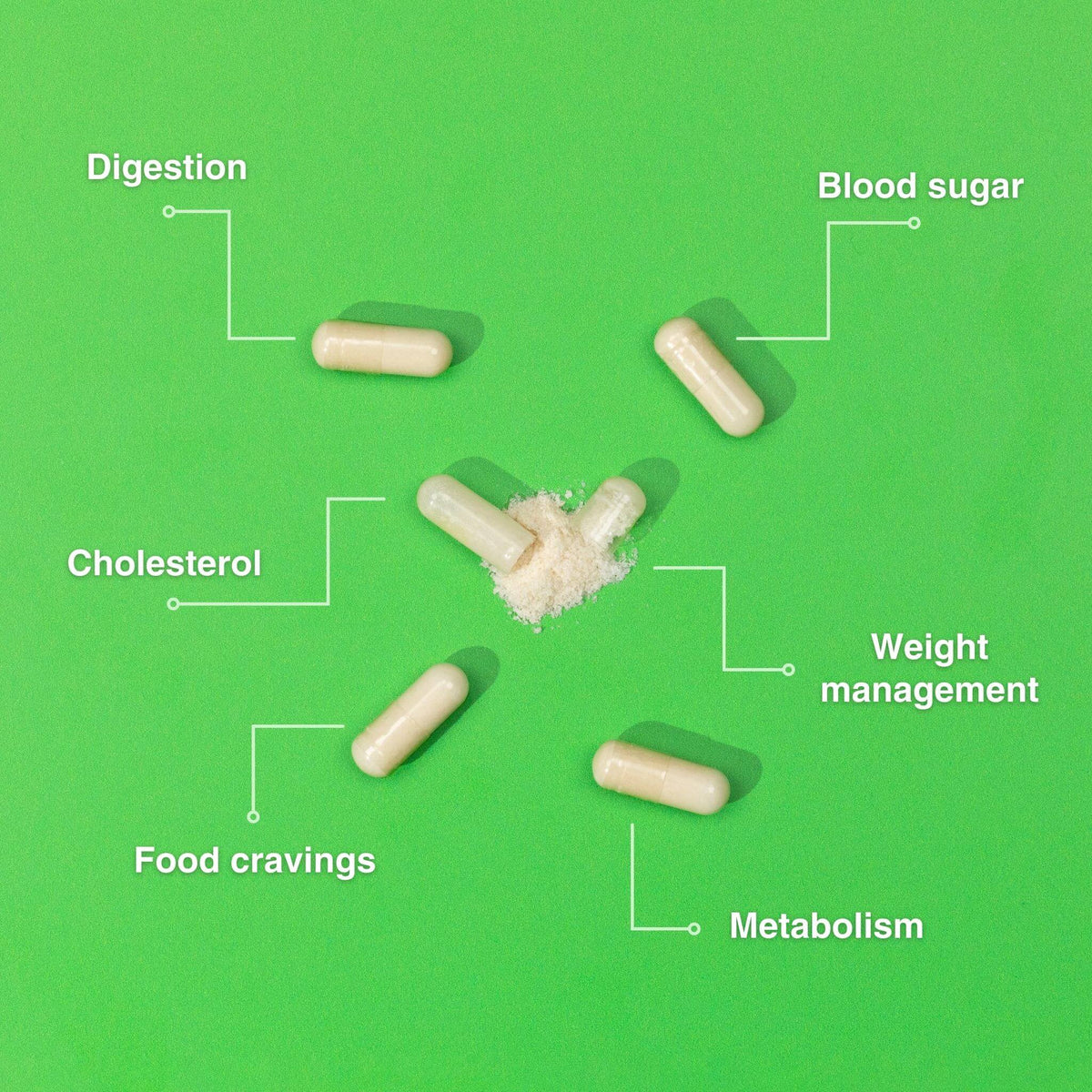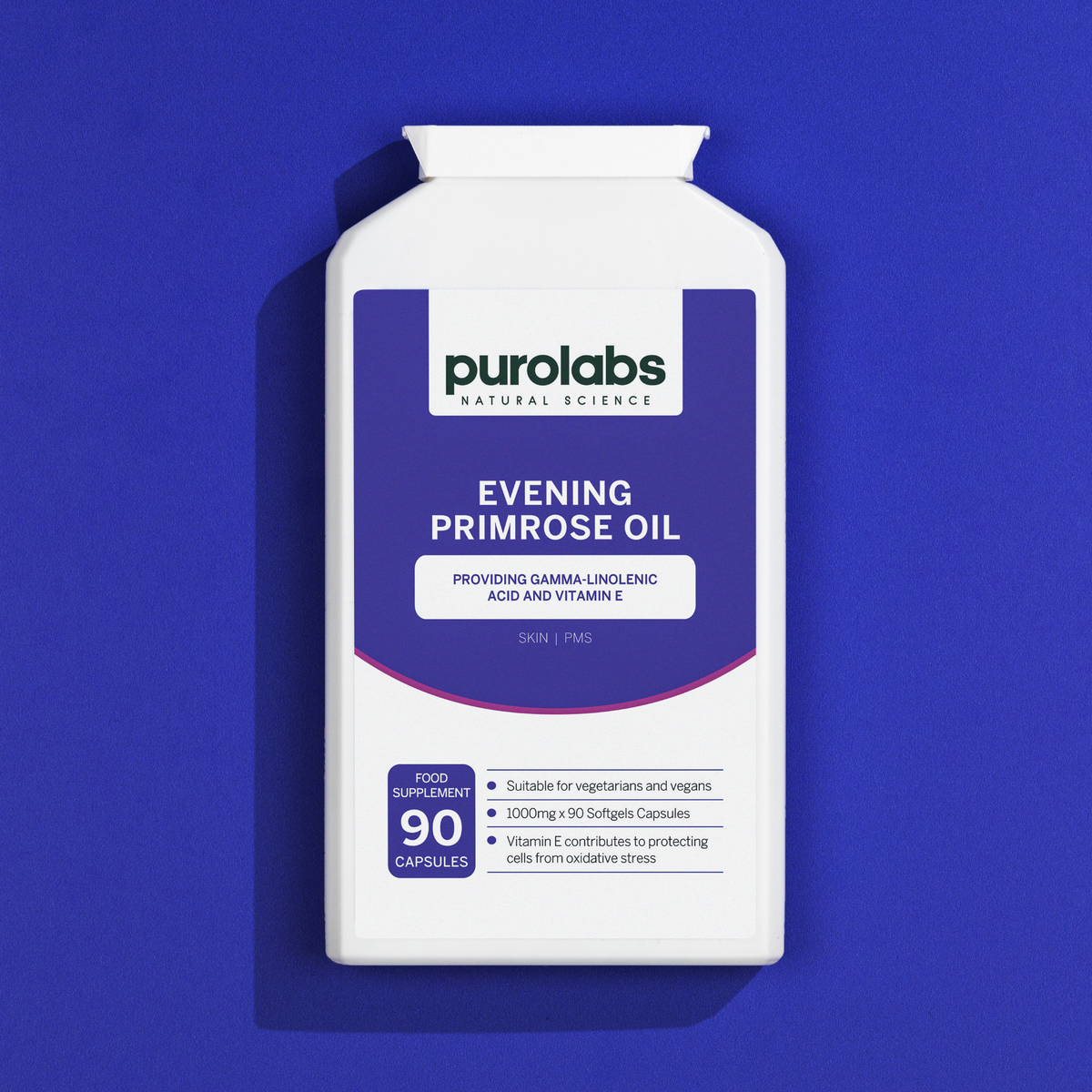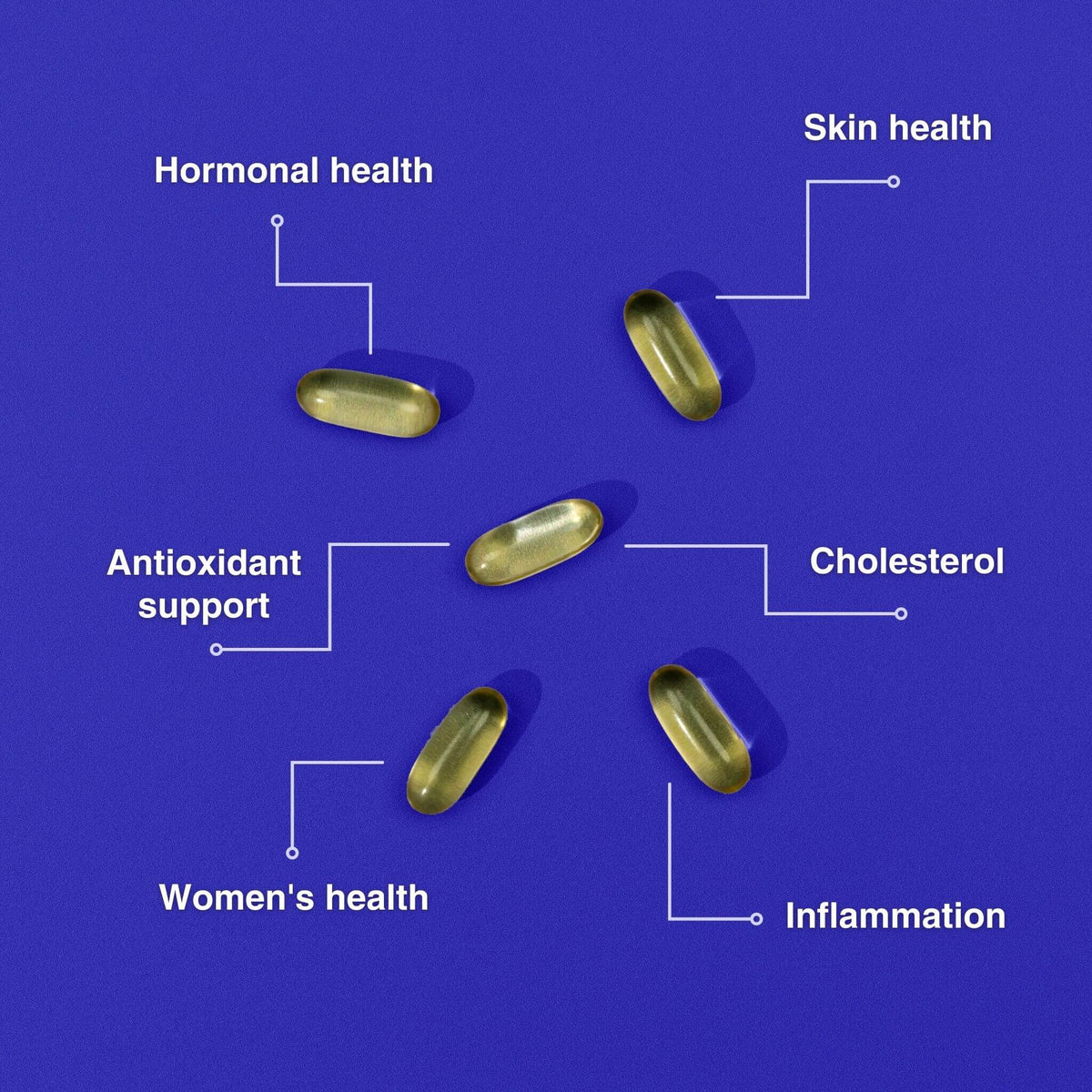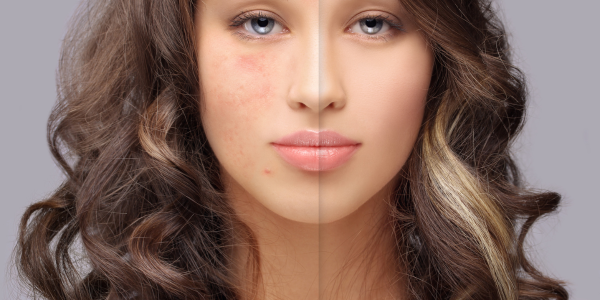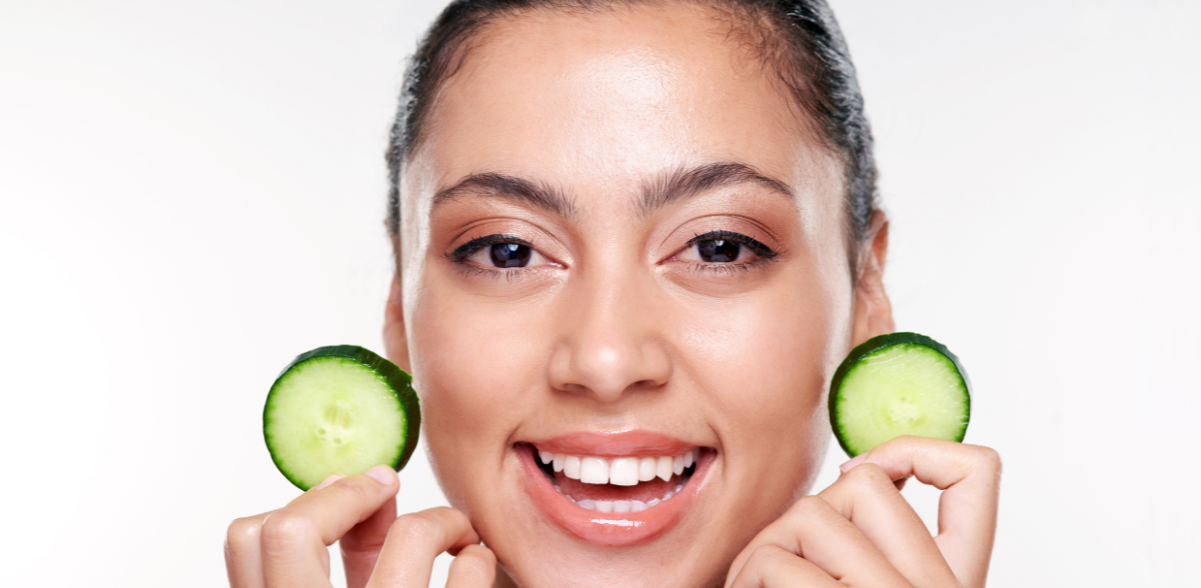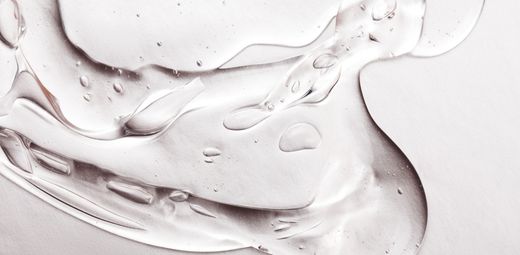
Skin Supplements

Skin Supplements
Filter
Filter
Your skin is a lot more than just a barrier between you and the world. It's a living, breathing organ that plays an important role in regulating your body, especially when it comes to your immune system. That's why it's so important to treat your skin well—you want it to be as healthy as possible so that it can do its job properly!
The skin is the largest organ in the body, covering roughly 20 square feet. The skin protects us from germs and the elements while also assisting with body temperature control and sensation. The human skin is the body's outer layer and the biggest organ in the integumentary system.
The skin has up to seven ectodermal layers, which include muscles, bones, ligaments, and internal organs. If you're looking to improve the health of your skin, you might be wondering if taking a supplement is a good idea.
Supplements are an easy way to get the nutrients you need to support healthy skin. They can help with everything from repairing sun damage to preventing acne breakouts and improving overall skin tone and texture.
Skin supplements are a great way to improve the health of your skin, and they can be taken as a supplement, or in conjunction with topical treatments.
Skin supplements work by providing vitamins and minerals that help to restore your skin's natural balance. They can help with dryness, acne, eczema, and other conditions that affect the health of your skin.
The skin is a window to the body, and it's very important to understand how different conditions affect your skin.
If you're struggling with skin issues, you may be looking for ways to improve the health of your skin so that it looks and feels better. Let's take a look at some of the most common causes of problems with the skin, as well as some supplements that can help with these issues.
Dry skin - one of the most common complaints from people who are trying to maintain healthy skin. Dryness can cause flaking, cracking, and other conditions that make your skin look dull and unhealthy. The main cause of dryness is dehydration—so if your skin is dry, it's probably time for a drink!
Eczema - a group of inflammatory skin conditions that produce red, itchy rashes.
Psoriasis - a chronic autoimmune skin condition that causes patchy, scaly skin
Acne - a common skin condition that occurs when hair follicles become clogged with oil and dead skin cells. Another common issue is acne or pimples. Acne can sometimes be caused by bacteria or other pathogens in your pores; but more often than not, it's caused by hormonal changes in your body (which is why it happens mostly during adolescence).
What are the layers of the skin?
Three layers of tissue make up the skin:
Epidermis, the top layer.
Dermis, the middle layer.
Hypodermis, the bottom or fatty layer.
What does the epidermis do?
The epidermis is the visible and touchable layer of your skin. Keratin, a protein found in skin cells, makes up this layer, as well as other proteins that bind together to form it.
What does Dermis do?
The dermis is the layer of skin that lies beneath the epidermis. The dermis contains tough connective tissue, hair follicles, and sweat glands. It also has a number of nerve endings that relay sensations such as touch, pain, and temperature to the brain.
What does hypodermis do?
The hypodermis is a layer of fatty tissue and connective tissue that lies beneath the dermis. This layer helps insulate the body and stores energy in the form of fat. It also contains blood vessels and lymph nodes.
Factors That Affect Skin
We all want to look great, and the right skin care routine can help you get there. But what are the factors that affect our skin? And how can supplements help you achieve the glowing, youthful appearance you want?
First off, let's talk about genetics. If your parents had oily or acne-prone skin, chances are you will too—and if they had dry or wrinkly skin, chances are that's what you'll have too. Even though genes play a huge role in how your skin looks, there are still things you can do to improve its health and appearance.
Next up: hormones! While we can't control them completely (yet), there are some simple lifestyle changes that can help balance hormones and improve skin health. The first step is to eat a balanced diet with lots of protein and healthy fats like avocado and olive oil—just make sure not to go overboard on carbs or sugar!
Also important are antioxidants like vitamin C which helps protect against damage caused by free radicals—these molecules cause visible signs of aging like wrinkles and dark spots so it's important they're kept under control!
Functions of the skin
Some of the many roles of skin include:
1. Protection from the environment
2. Regulating body temperature
3. Sensation, such as feeling pain or being able to touch something
4. Making vitamin D when exposed to sunlight
5. Producing melanin, which gives skin its color.
Related Blog Posts:
Frequently Asked Questions:
A: Some of the most popular vitamins for skin health include collagen, vitamin A, C, and E, as well as biotin and zinc. These vitamins all have different roles in keeping your skin healthy, whether that's helping it heal faster after an injury or preventing acne breakouts.
A: There are many factors that affect the health of your skin. Some of these things are out of your control—like genetics and age—but many of them are within your reach. Here are some things that can affect how healthy your skin is:
-Sun exposure
-Diet and nutrition
-Stress levels
-Tiredness or lack of sleep
-Hormonal changes (like during pregnancy or menopause)
A: Our skin is the largest organ in our bodies, and it's responsible for defending us against environmental factors like wind and sun exposure, as well as keeping our insides safe from germs. But because it's such a big job, our skin needs lots of help from nutrients like vitamins A, C, D, E, K, B1 (thiamine), B2 (riboflavin), B6 (pyridoxine), B12 (cyanocobalamin), folic acid (folate), biotin (vitamin H), pantothenic acid (vitamin B5), niacinamide (vitamin B3), pyridoxine hydrochloride (a form of vitamin B6) and more.
A: When it comes to moisturizing your skin, it's important to find a product that works for your skin type. Those with dry skin generally benefit from using a thicker cream, while those with oily skin might prefer a lighter lotion. It's also important to apply moisturizer immediately after showering or bathing, as this will help lock in moisture.
100% Happiness Guarantee
If you're not completely in love with your product, we'll refund you in full within 60 days.
Clean Label
No hidden nasties - just pure and potent 100% natural ingredients.
Fast & Free Delivery
We dispatch all orders within 24 business hours.


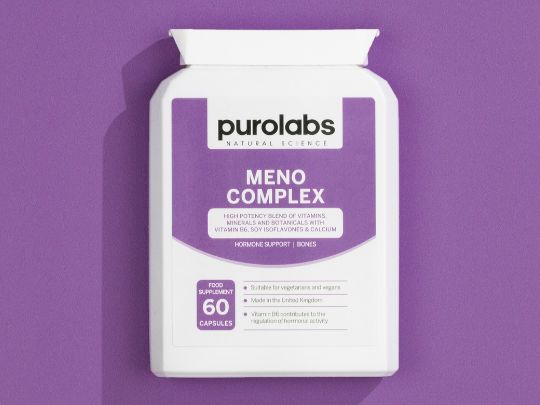
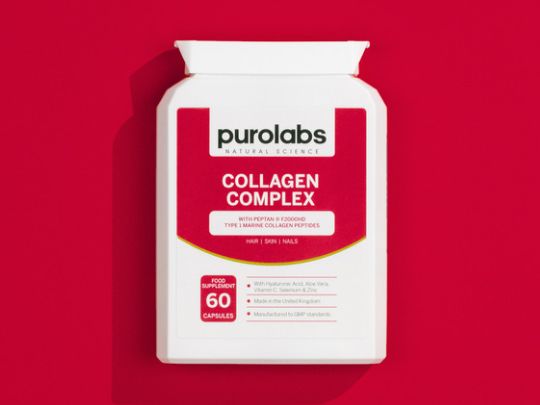
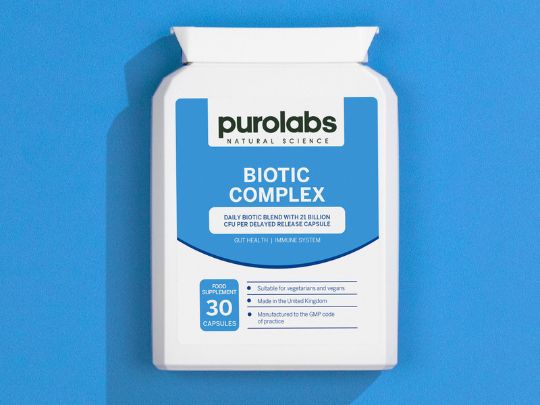
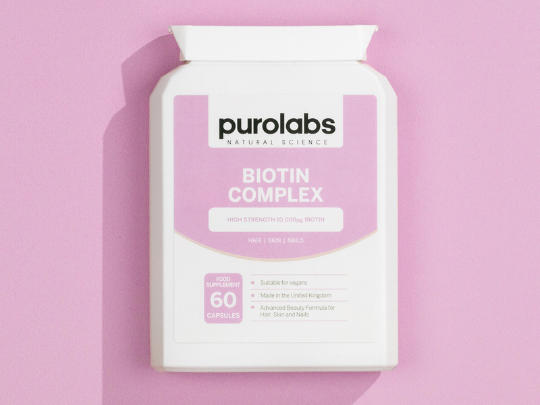
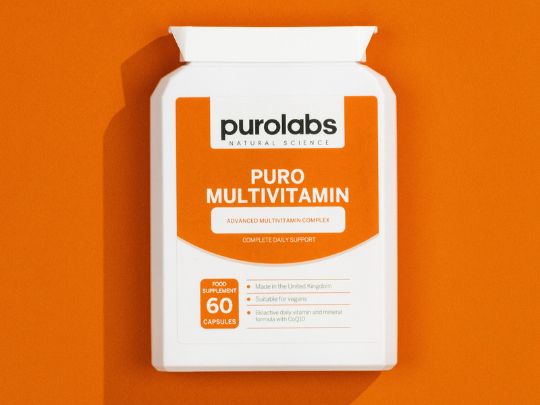
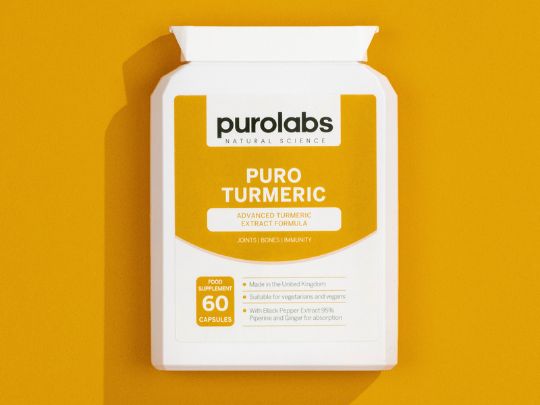
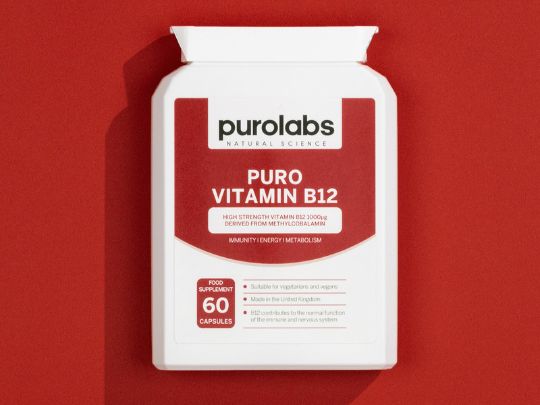
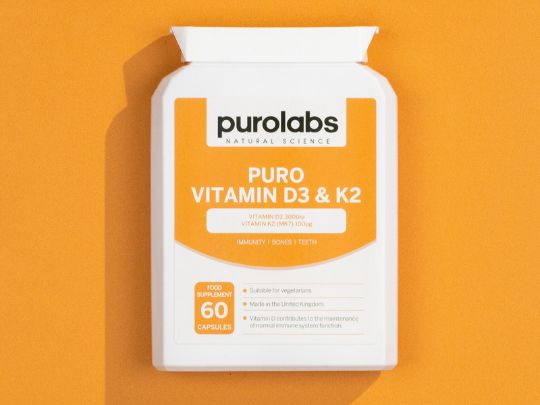
 Bone Health
Bone Health
 Brain Health
Brain Health
 Energy
Energy
 Eye Health
Eye Health
 Gut Health
Gut Health
 Hair
Hair
 Heart Health
Heart Health
 Immunity
Immunity
 Joint Health
Joint Health
 Menopause
Menopause
 Pregnancy
Pregnancy
 Sleep
Sleep
 Skin
Skin
 Stress
Stress
 Men
Men
 Women
Women
 Beauty
Beauty
 Hormonal Health
Hormonal Health
 Sports
Sports
 Vegan
Vegan
